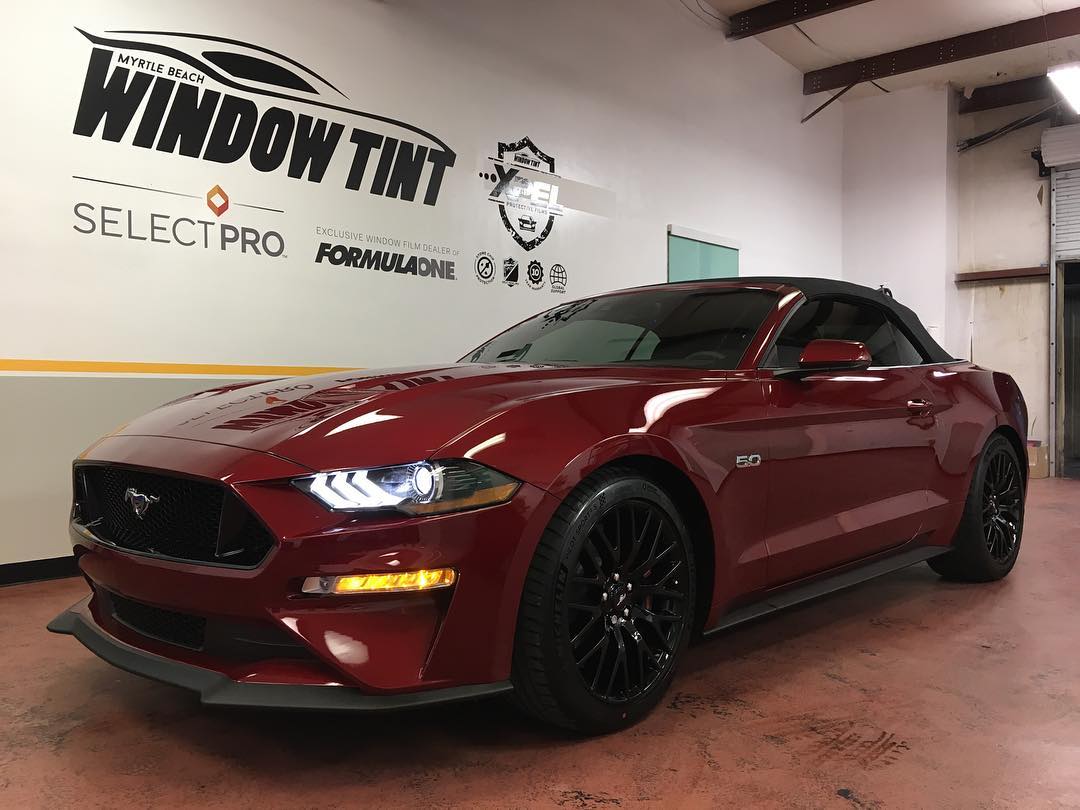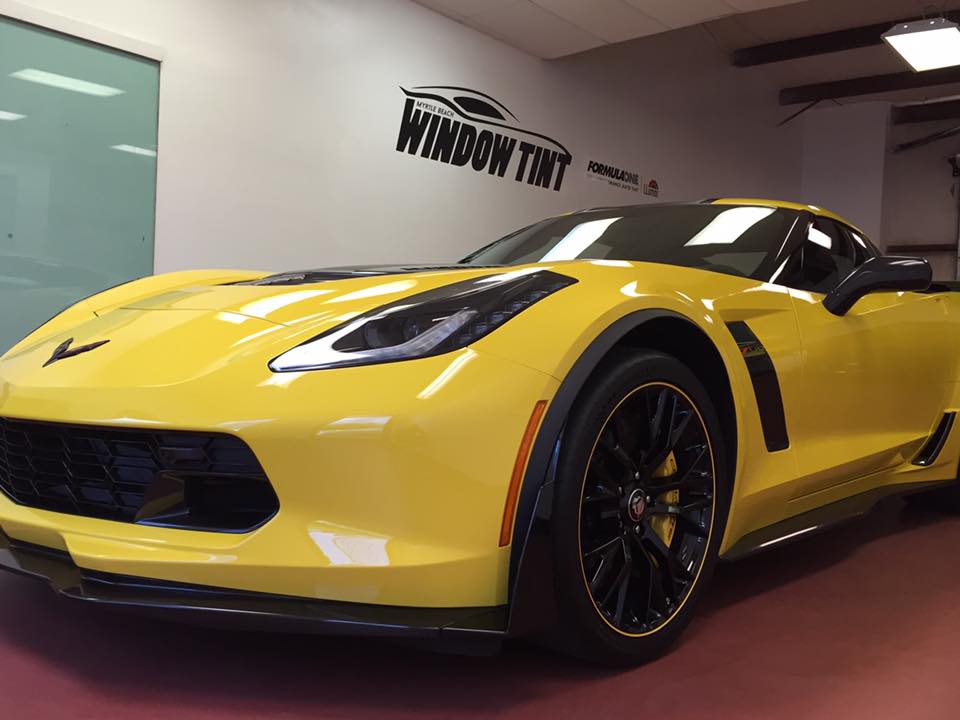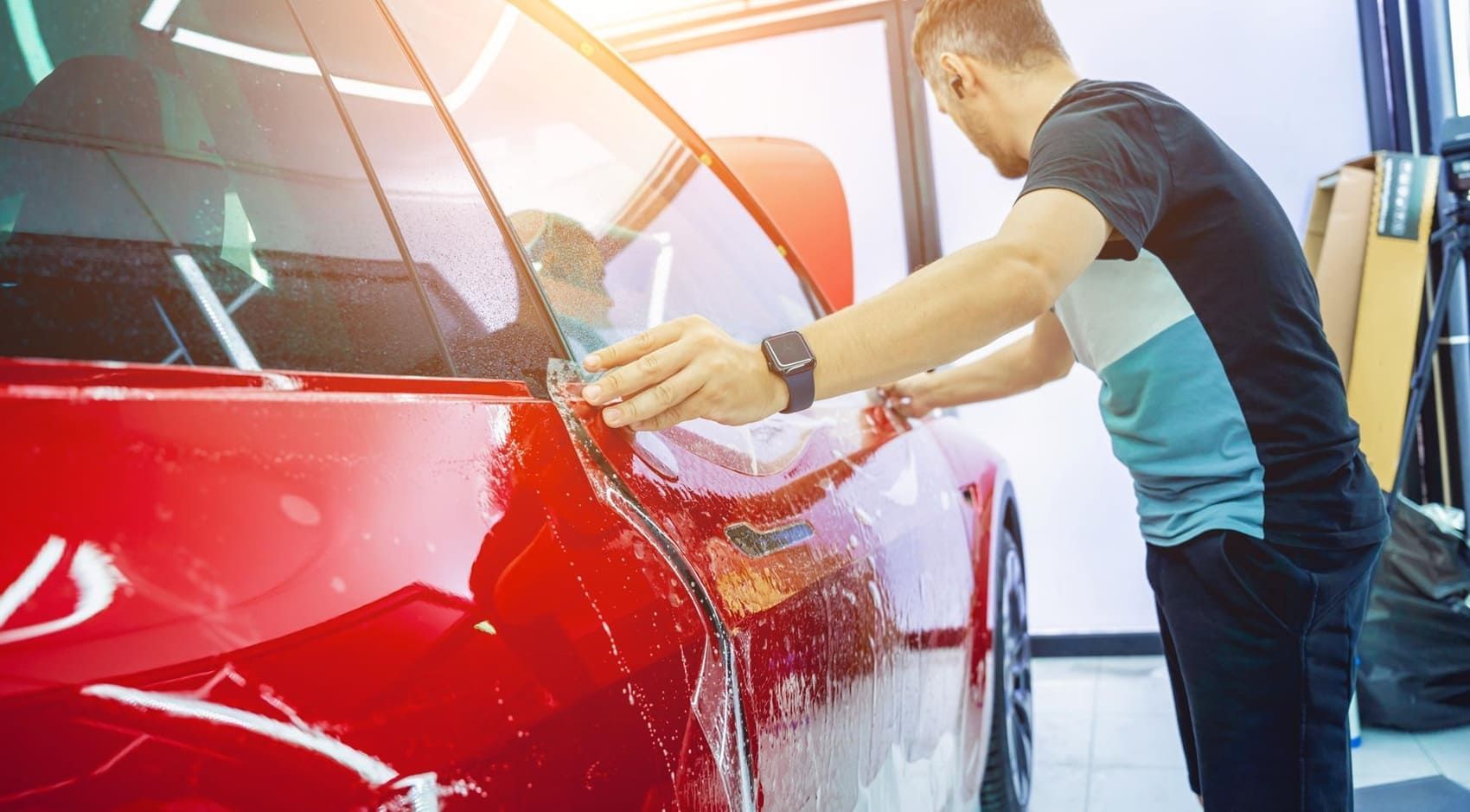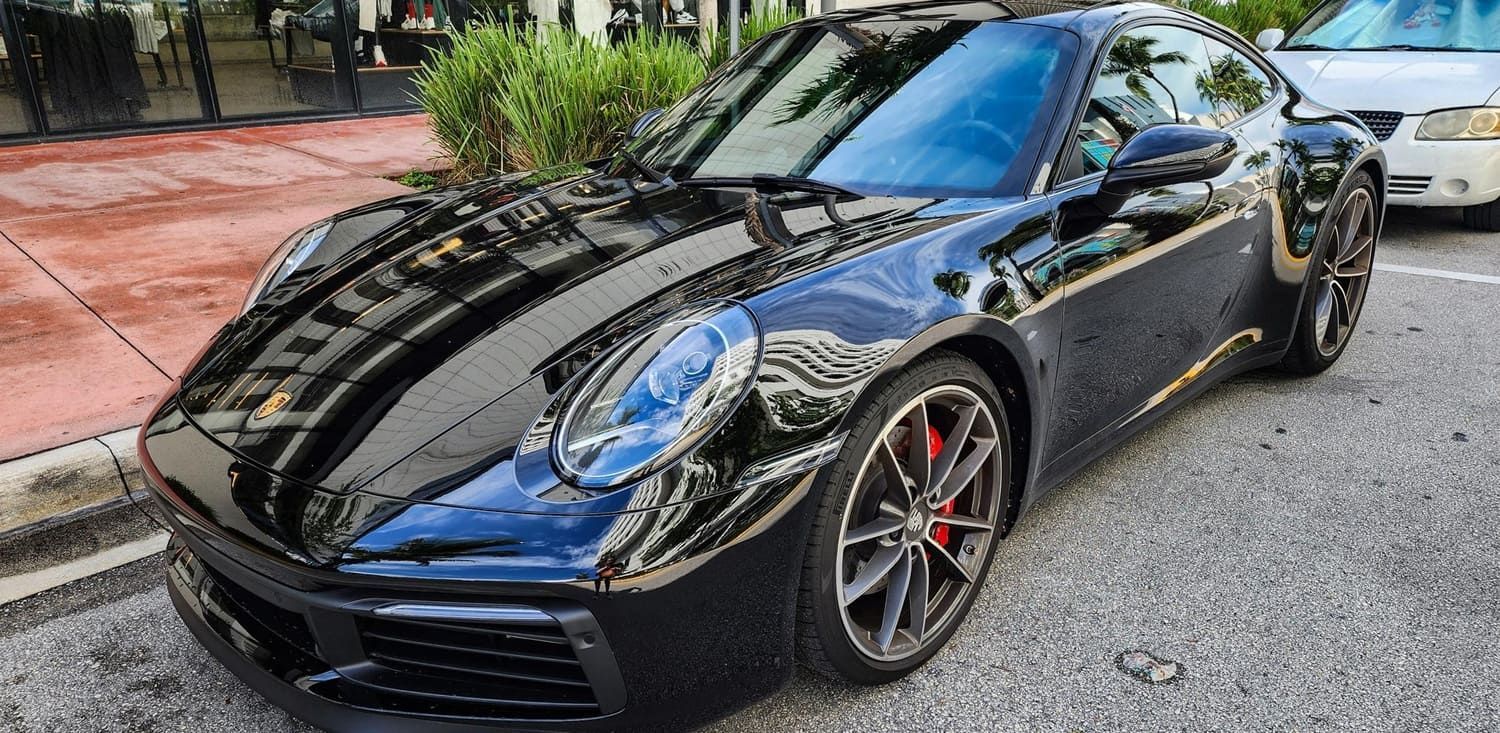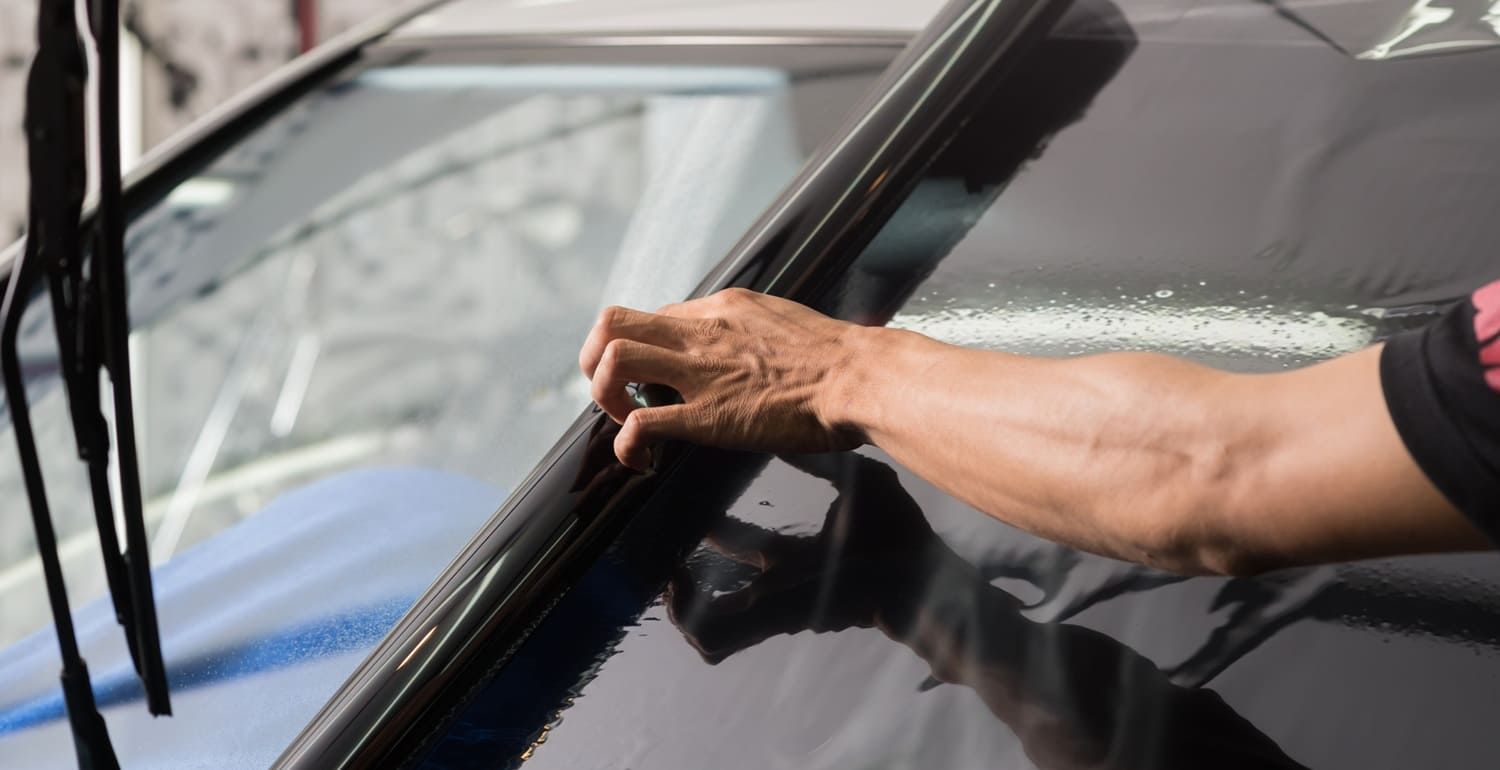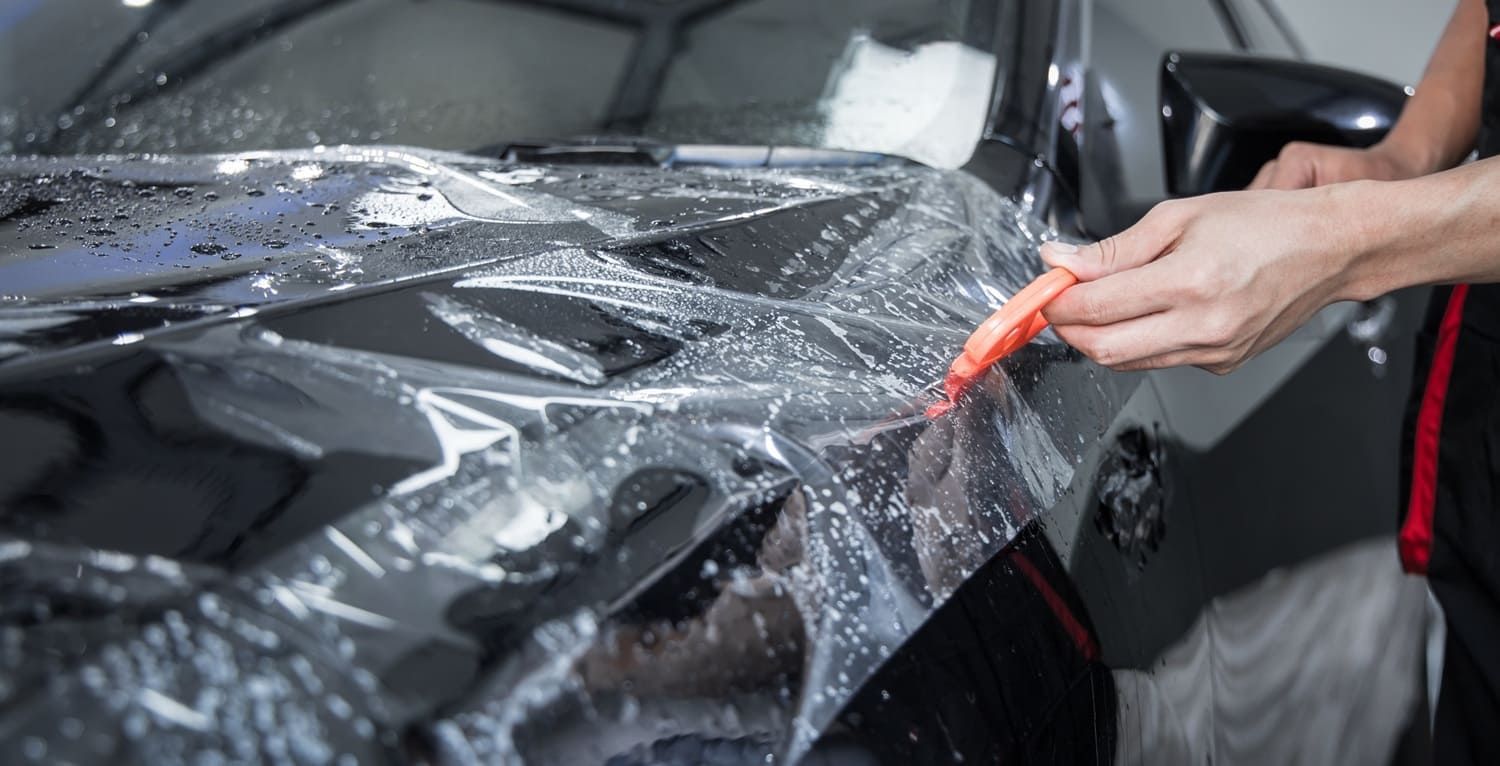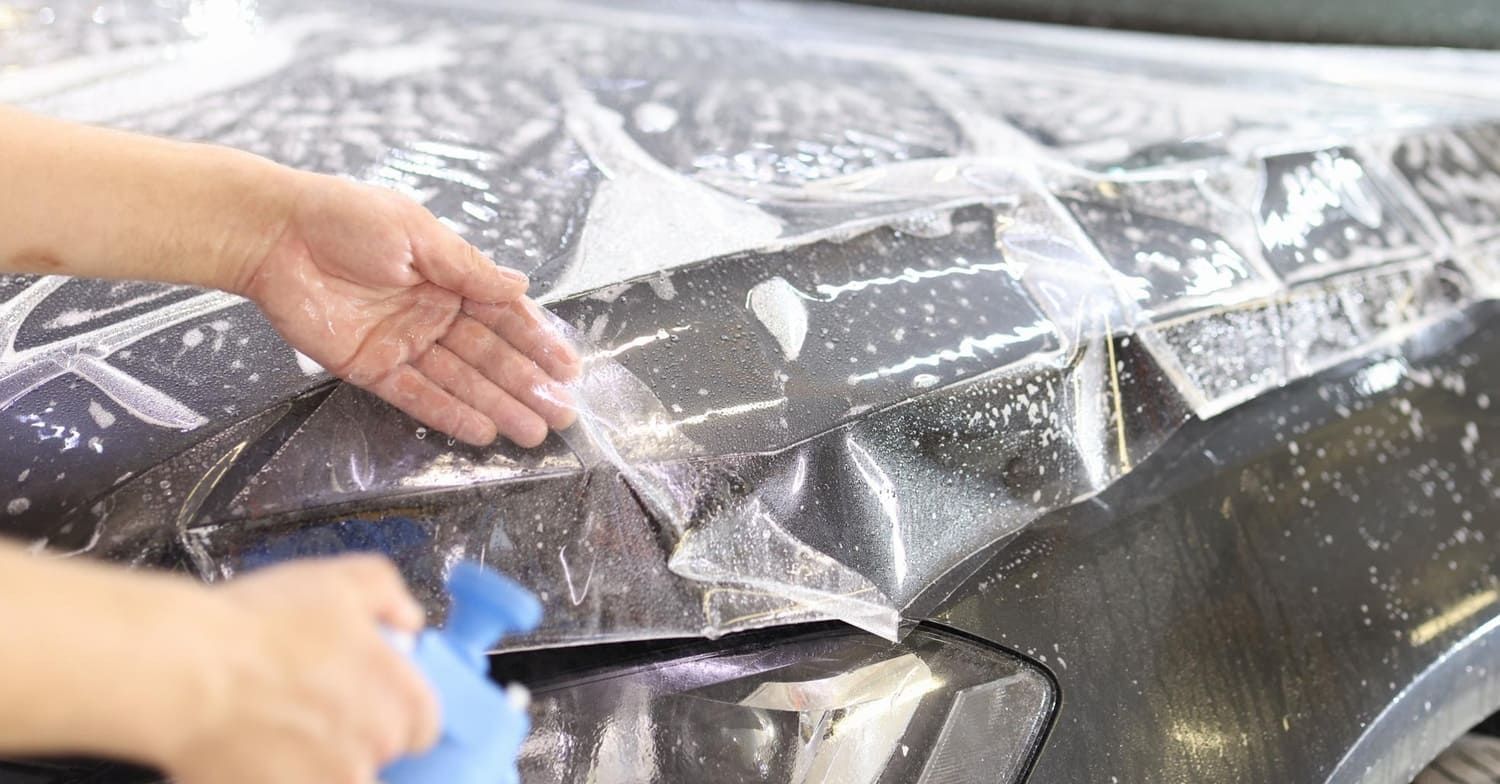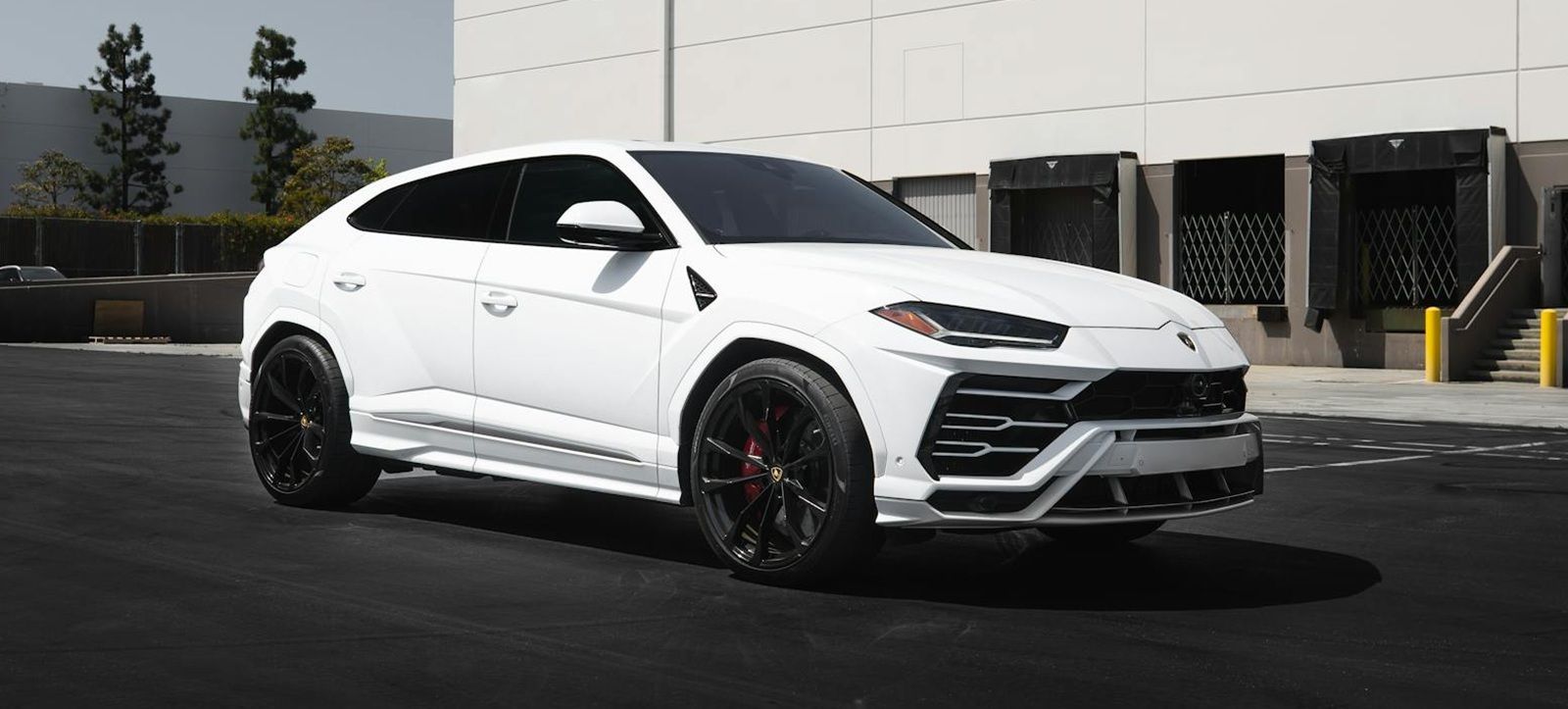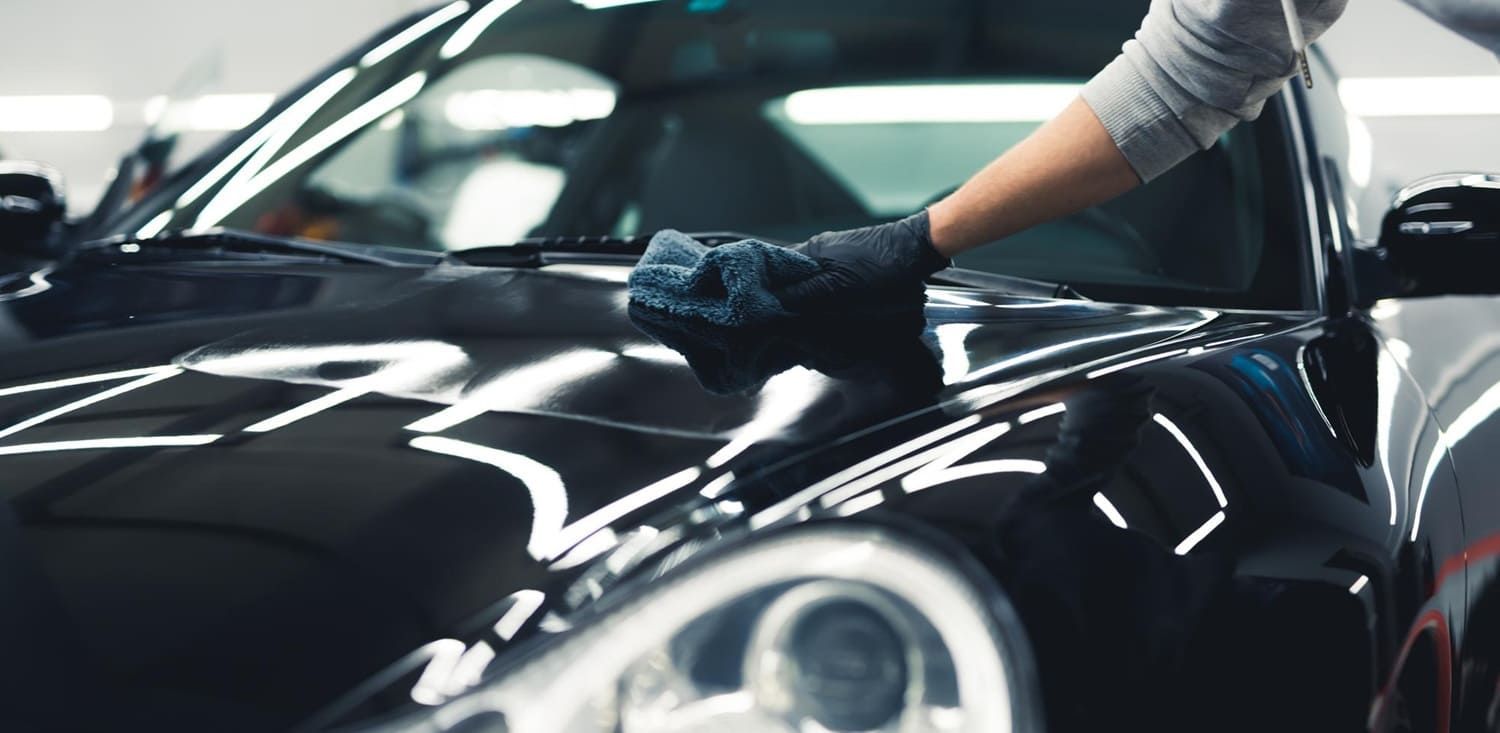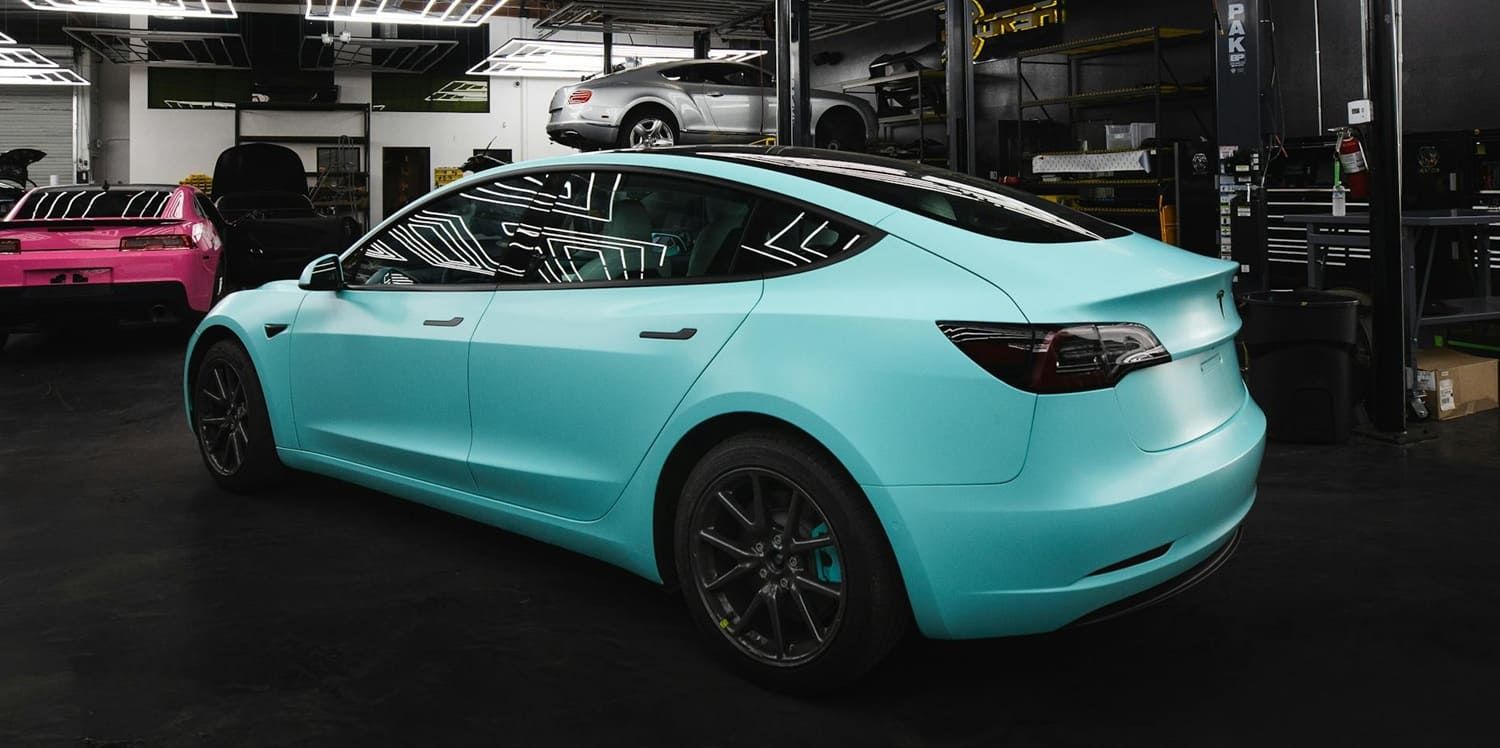Ceramic vs. Dyed Tint: Legal Differences That Matter
Choosing the right window tint for your car involves more than just aesthetics. It’s about understanding the legal differences between ceramic and dyed tints. These differences can impact your decision significantly.
Ceramic tints offer superior performance but come with a higher price tag. Dyed tints, on the other hand, are more affordable but may not provide the same benefits.
Legal regulations vary by location, affecting how dark or reflective your tint can be. Understanding these laws is crucial to avoid fines and ensure compliance.
This guide will explore the key legal differences between ceramic and dyed tints. We’ll also discuss how these differences affect your tinting choices.
By the end, you’ll be equipped to make an informed decision.

Understanding Window Tint Types: Ceramic vs. Dyed
When considering window tinting options, understanding the basic types is vital. Ceramic and dyed tints are the most popular choices on the market. Each type offers distinct features and benefits.
Ceramic tints are renowned for their advanced technology. They excel in heat rejection and UV protection without hindering electronic signals. Additionally, they are long-lasting and maintain a sleek appearance.
Dyed tints, however, are simple and affordable. They add a tinted shade primarily for aesthetic appeal and basic privacy. Although they don't match ceramic tints in performance, they are easy on the budget.
Here are key distinctions between ceramic and dyed tints:
- Ceramic Tints: Superior performance, high cost, durable
- Dyed Tints: Budget-friendly, less durable, simpler performance
Understanding these differences helps you align your choice with both legal standards and personal needs.
Key Performance Differences: Ceramic vs. Standard Tint
When evaluating tints, performance is key. Ceramic tints shine in temperature control and offer robust UV protection. Their non-metallic composition means they won’t interfere with GPS and radio signals.
Standard or dyed tints, while less expensive, offer basic privacy. However, they lack the advanced features of ceramic tints. Their performance in heat rejection and UV blocking is limited.
Durability is another major factor. Ceramic tints are resistant to fading and discoloration over time. Dyed tints may degrade quicker, losing effectiveness and aesthetic appeal.
Consider these performance aspects:
- Ceramic Tints: Excellent heat rejection, UV protection, long-lasting
- Standard Tints: Economical, limited UV blocking, more prone to fading
Choosing the right tint involves understanding how each performs in real-world conditions. This choice can affect comfort, safety, and even the resale value of a vehicle.
How Window Tint Regulations Affect Your Choices
Window tint regulations can vary significantly, influencing your decision when choosing a tint type. These laws aim to balance driver safety with privacy and comfort.
Each state or country has its own rules regarding how dark or reflective a tint can be. Ignoring these laws may lead to fines or make your vehicle illegal on the road.
Tint legislation typically focuses on the amount of visible light that must pass through the windows. Known as Visible Light Transmission (VLT), it’s an important legal measure for compliance.
When deciding on your tint, keep these factors in mind:
- VLT Requirements: Understand local percentage limits.
- Reflectivity Rules: Some regions limit reflective surfaces.
- Color Restrictions: Certain colors might be banned.
Understanding these regulations means you can avoid legal issues and fines. Consider these rules carefully to ensure your car is both stylish and compliant.
Legal Differences: Ceramic Tint vs. Dyed Tint
Ceramic and dyed tints differ not just in performance but also in legal aspects. These differences can impact your decision in choosing the right tint for your vehicle.
Ceramic tints are known for their non-reflective properties. This can be crucial in jurisdictions where reflective tints are restricted. Dyed tints, on the other hand, may sometimes fall into a legal gray area when it comes to color and reflectivity.
The longevity and durability of ceramic tints often lead to fewer legal issues over time. The longer-lasting nature of ceramic tints means less frequent replacements and reduced risk of non-compliance as the tint ages.
Local laws may also influence your choice between ceramic and dyed tints. The following factors often come into play:
- Reflectivity Levels: Ceramic tints are less likely to cause problems.
- Durability and Appearance: Ceramic tints maintain legality longer.
- Interference with Devices: Unlike some other tints, ceramic does not block signals.
By understanding these legal differences, car owners can make educated choices that comply with local laws.
Visible Light Transmission (VLT) and Legal Tint Limits
Visible Light Transmission (VLT) is a key factor in determining whether a tint is legal. It refers to the percentage of light that can pass through your window.
Different states have varying legal limits for VLT. It's essential to understand these limits to ensure compliance. For instance, some regions allow darker tints on rear windows but have stricter rules for front windows.
Ceramic tints often provide good visibility even at lower VLT percentages. They allow you to achieve legal compliance without sacrificing performance. Dyed tints might struggle to provide clear visibility if the VLT is too low.
Legal tint limits are influenced by several factors:
- State laws: Each state sets its own regulations.
- Window position: Different rules apply to different windows.
- Vehicle type: Laws may differ for cars versus trucks.
Being well-informed about VLT and legal limits can help you avoid fines and ensure safe driving conditions.
State-by-State Window Tint Laws: What to Know
Understanding window tint laws in different states is crucial for compliance. Laws vary significantly across regions, so what’s legal in one state might not be in another. Familiarizing yourself with local regulations is a must before tinting your windows.
Each state sets specific rules regarding VLT levels, reflectivity, and permissible shades. These laws are often adjusted based on safety concerns and climate conditions. For example, sunnier states might allow darker tints to combat heat and UV exposure.
Some states require decals or certificates to prove that your tint is legal. This documentation is usually verified during vehicle inspections or by law enforcement during stops.
Key points about state tint laws include:
- Varying VLT limits: Each state has unique thresholds.
- Special provisions: Certain states have exemptions for medical needs.
- Inspection requirements: Some states mandate visible certifications.
To avoid legal issues, consult state-specific resources or professional installers familiar with regulations.
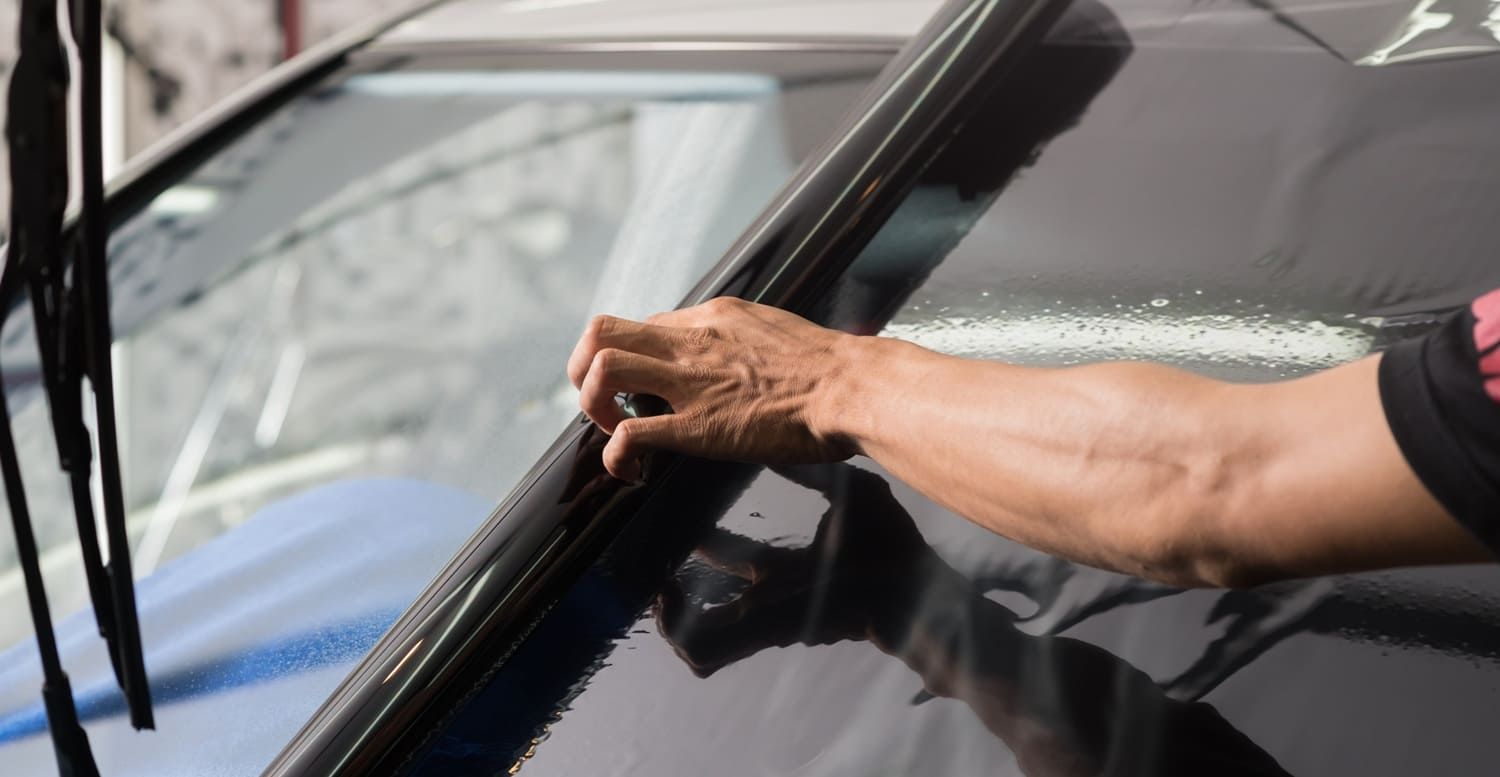
Penalties, Fines, and Compliance: Avoiding Legal Trouble
Non-compliance with window tint laws can lead to fines or legal action. If your tint is too dark or reflective, you might face penalties. Law enforcement may issue citations during routine checks or traffic stops.
Penalties vary, but often include fines and orders to remove or adjust the tint. Repeat offenses can increase the severity of consequences. Staying within legal limits helps avoid unnecessary costs and hassles.
Key actions to ensure compliance:
- Regular checks: Periodically verify your tint’s legality.
- Stay updated: Laws can change, so keep informed.
- Professional advice: Consult experts for compliant installations.
Following these guidelines helps maintain legality and avoid legal troubles.
Medical Exemptions and Special Cases
In some states, individuals with specific medical needs may qualify for window tint exemptions. Conditions like skin sensitivity to sunlight can justify the need for darker tints. However, these exemptions often require documentation from a medical professional.
Special cases allow for legal variations in tint levels. Eligibility often involves submitting medical evidence and obtaining special permits. Understanding the specific process in your area is crucial.
Considerations for medical exemptions:
- Documentation: Provide necessary medical records.
- Permits: Obtain official permits for exemptions.
- Verification: Ensure adherence to specified exemption rules.
Such exemptions can provide necessary comfort and protection for those with unique health requirements.
Choosing the Right Tint: Legal and Practical Considerations
Choosing the right window tint combines legal, practical, and personal considerations. Understanding local window tint regulations can help avoid costly fines. Additionally, factor in your climate, driving needs, and budget.
Assess the benefits of ceramic vs. dyed tints based on performance and longevity. Ceramic tints, though pricier, offer superior heat rejection and UV protection. Dyed tints may suffice for those seeking cost-effective, basic privacy.
Consider the following when choosing:
- Local laws: Ensure compliance with regulations.
- Performance needs: Prioritize UV and heat protection.
- Budget: Balance costs with desired benefits.
Ultimately, select a tint that aligns with both legal standards and personal preferences. This ensures safety, compliance, and comfort.
Professional Installation and Certification
Professional installation is crucial for window tinting. It ensures the tint is applied correctly and meets legal standards. Proper installation can also prevent issues like bubbling and peeling.
Certified installers provide assurance of compliance with local tint laws. They offer expertise in:
- Accurate tint application
- Understanding of local regulations
- Provision of compliance stickers
Choosing professionals helps maintain both legal compliance and the aesthetic appeal of your vehicle.
Frequently Asked Questions: Ceramic Tint Legal Differences
Navigating window tint regulations can be challenging. Many vehicle owners have questions about legal differences. Here, we address some frequently asked questions.
Can ceramic tint block all UV rays?
Yes, ceramic tints are effective at blocking up to 99% of UV rays. This provides significant protection for your interior and skin.
Will installing ceramic tint affect my car warranty?
Typically, it doesn't affect the manufacturer's warranty. However, it's wise to check with your dealer beforehand.
Is ceramic tint more legal than dyed tint?
Both ceramic and dyed tints must follow the same state laws on visible light transmission (VLT). The difference is in performance, not legality.
Do ceramic and dyed tints have the same legal limits?
Yes, the law only regulates how dark the tint is (VLT%), not the type of film material.
Why do some people think ceramic tint is more legal?
Because ceramic films can be lighter in shade while still blocking heat and UV, they are easier to keep within legal limits compared to dark dyed films.
Does dyed tint get drivers in trouble with the law more often?
Yes, because dyed tints are often chosen in very dark shades, which may fall below the legal VLT allowed in many states.
Can ceramic tint be nearly clear and still legal?
Yes, clear ceramic films can reject heat and UV without violating state tint laws, making them a safer legal choice.
Do tint laws vary by state?
Yes, every state has specific rules for how dark and reflective tint can be, especially on front windows and windshields.
Is reflective ceramic tint legal everywhere?
Not always. Some states restrict reflective or mirrored films, even if they are ceramic.
Does dyed tint fade faster and cause legal issues?
Yes, dyed tints can fade and become uneven, which may cause inspection problems if they no longer meet legal VLT requirements.
Can ceramic tint help me stay compliant with tint laws?
Yes, since ceramic tint performs well in lighter shades, it’s easier to meet legal VLT percentages while still enjoying heat rejection.
Does the law care about UV protection in tint?
No, the law only measures VLT. Ceramic films offer superior UV protection, but legality depends on how much visible light passes through.
Are medical exemptions different for ceramic and dyed tints?
No, exemptions apply equally to both. If your state allows darker tint for medical reasons, you can choose either type.
Do police officers check the type of tint film?
No, they only measure VLT with a tint meter. The type—ceramic or dyed—doesn’t matter legally.
Can I legally tint my windshield with ceramic or dyed film?
Most states allow only a strip along the top (AS-1 line), or clear UV-blocking ceramic films. Dark dyed tint is usually illegal on windshields.
Does ceramic tint cost more to stay legal?
Yes, ceramic is more expensive, but it allows you to comply with tint laws while still getting premium performance.
Can dyed tint be legal long-term?
Yes, but since dyed films fade faster, you may need to replace them more often to stay compliant.
Are EVs and Teslas subject to different tint laws?
No, tint laws apply the same to all vehicles regardless of type or brand.
Do states update tint laws over time?
Yes, some states revise their regulations, so it’s important to check your state’s laws in 2025 and beyond.
Is ceramic tint a safer legal choice than dyed tint?
Yes, because it allows you to stay within legal VLT while still gaining heat, glare, and UV protection without going too dark.
Which type of tint is better for avoiding legal trouble?
Ceramic tint is generally better, since it performs well in legal shades, while dyed tint often needs darker applications to achieve the same comfort.
Conclusion: Making an Informed, Legal Choice
Choosing between ceramic and dyed tint involves weighing performance against cost. However, legal compliance remains crucial. Understanding these legal aspects will guide your choice.
Consider your state's specific regulations. Ensure your tint meets the permissible Visible Light Transmission (VLT) limits. This avoids costly fines and issues.
Opt for professional installation to guarantee quality and adherence to laws. Ceramic tints might cost more initially. Still, their benefits in durability and protection often justify the investment. Make your decision well-informed and compliant with local regulations.
Myrtle Beach Window Tint — Premier window tinting installers near you serving Myrtle Beach, SC. Contact us today for a free estimate.

